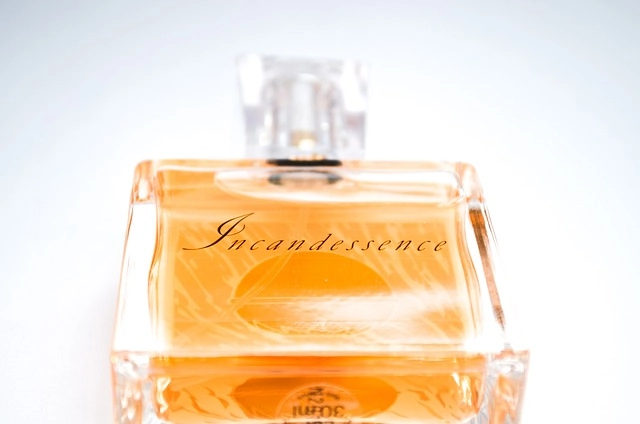Escada Perfume presents a scent dilemma: natural vs synthetic. Natural fragrances derive from essential oils, offering complex, organic experiences. Synthetic scents, like Escada Cologne, use lab-created blends for immediate, intense releases of singular aromas. The human nose identifies these scents through olfactory receptors and brain chemistry. Escada's perfume showcases a blend of citrus, floral notes with woody base, but distinction between natural or synthetic origins is crucial for fragrance authenticity.
Can a scent be naturally enticing or unnaturally off-putting? This question lies at the heart of our fascination with fragrances. This article delves into the world of synthetic versus natural aromas, exploring how we identify and appreciate them. We’ll dissect the complexities through a case study of Escada Perfume, demonstrating the intricate balance between artifice and authenticity in perfumery. By understanding these nuances, you’ll gain a deeper appreciation for the olfactory experiences that captivate us.
- Unpacking Synthetic vs Natural Fragrances
- The Art of Scent Identification
- Escada Perfume: A Case Study
Unpacking Synthetic vs Natural Fragrances

The world of fragrances is a sensory delight, but when it comes to deciding between synthetic and natural scents, the choice can be overwhelming. At the heart of this debate lies Escada Perfume, a brand renowned for its exquisite aromas. Synthetic fragrances, often characterized by their vibrant, long-lasting notes, are created through a complex blend of chemicals in a lab. These man-made concoctions offer a diverse range of scents, from fruity to floral, and can be consistently produced on a large scale. On the other hand, natural fragrances derive from essential oils extracted from plants, flowers, fruits, or spices, offering a more organic and nuanced experience.
When comparing Escada Perfume to Escada Cologne (a popular synthetic option), the distinction becomes clearer. Natural scents tend to have a more intricate, evolving character as the oils interact with each other and the skin’s chemistry. In contrast, synthetic fragrances often provide an immediate, intense release of scent, making them easily recognizable. For instance, natural colognes may offer a subtle undercurrent of citrus notes that develop into warmer, spicier tones over time, while their synthetic counterparts might focus on a singular, powerful aroma to create a lasting impression.
The Art of Scent Identification

The human nose is an incredibly sensitive organ, capable of detecting a vast array of scents. When it comes to discerning whether a fragrance is synthetic or natural, our senses play a pivotal role. The Art of Scent Identification involves a complex interplay between our olfactory receptors and brain chemistry. Every perfume, be it from a renowned brand like Escada or an artisanal creator, carries a unique scent profile that can reveal its origins.
Natural fragrances often exude complexities that arise from essential oils and botanical extracts, offering a deeper, more nuanced aroma. In contrast, synthetic scents are crafted in laboratories using chemical compounds, which may produce aromas that seem more straightforward but can also possess an artificial edge. For instance, Escada Cologne might showcase a refreshing blend of citrus notes, while its natural counterpart could offer a richer, more intricate experience, making it easier to identify the source and quality of the scent.
Escada Perfume: A Case Study

The scent of a perfume or cologne can evoke powerful memories and emotions, often leading us to question its source. Take Escada Perfume as an intriguing case study. This iconic fragrance has captivated wearers for years, but does it exude a natural allure or mask itself with synthetic chemicals? At first sniff, Escada’s signature scent is a complex blend of citrusy notes, floral accents, and warm, woody base. The initial burst of fresh bergamot and lemon blends seamlessly into a heart of tuberose and jasmine, creating an olfactory experience that feels both vibrant and refined.
However, beneath this captivating surface lies the question: are these aromas derived from natural sources or meticulously crafted synthetic compounds? While Escada Perfume boasts a unique composition, it’s not entirely free from the debate surrounding artificial fragrances. Some manufacturers rely on synthetic duplications of natural scents, aiming to achieve consistency and affordability in mass production. In contrast, others strive for authenticity by sourcing essential oils directly from botanical origins. Exploring these nuances is crucial when discerning whether a fragrance feels synthetic or embraces its natural essence.






